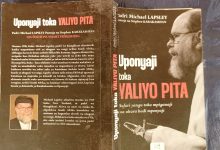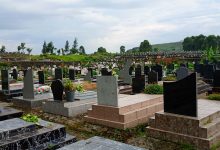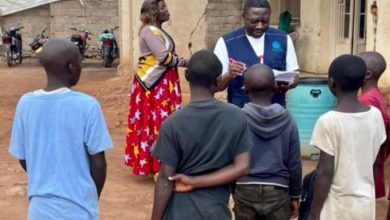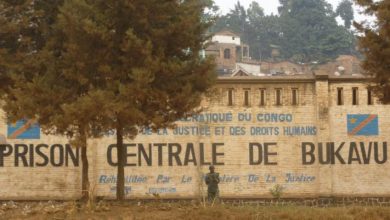War in DRC: Is the death penalty solution to treason within FARDC?
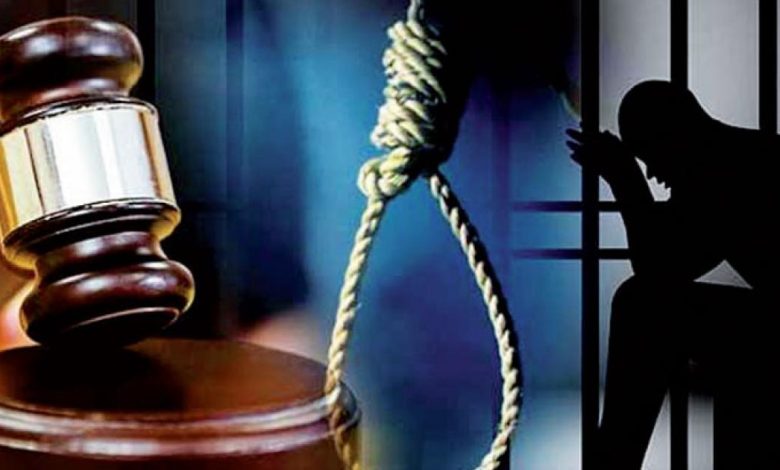
By Prosper HERI NGORORA
Goma, 3 March 2024 -Due to the persistence of war in the Eastern part od Democratic Republic of the Congo, some opinion thinks that there would be cases of treachery within Congolese army FARDC. Last February, the high defense’s council requested the lifting of moratorium on the death penalty for soldiers who betray the country.
The High Council of Defense calls for the lifting of the moratorium on capital punishment with regard to questions of betrayal within the Defense and Security Forces.
This important organ in DRC’s defense issues launched this appeal during an important meeting headed by the Head of State Félix Tshisekedi on February 5, 2024 and extended to members of the government in Kinshasa.
This call is not insignificant because fighting has been taking place for several weeks around Goma, pitting the armed forces of the DRC against the M23 rebels.
The M23 is a Congolese rebel movement supported largely by Rwanda according to the UN and the Congolese government.
Hackneyed by war for more than 2 decades, some Congolese inhabitants from Goma welcome this appeal, demanding its implementation as soon as possible.
“As for me, I support that appeal. We undergo a worse situation following the war of M23. For time and again we are in war. I eagerly support that proposal, even I want the chamber of representatives to vote it as a law. A betrayer is worse than an enemy. The war could be easily be resolved. But following treacherousness, we are far to end war” says Mr Delphin KITUMAINI, a voucher seller in Goma town.
At another hand, Mr David KAMBALE believes that if some one undergoes death penalty, it will scare others army officers who might have intentions to betray the country for their own interests, jeopardizing the survival of an entire nation.
“For long time, I wanted this. I totally agree the lifting of that moratorium against death penalty in my country because innocents are killed by rebels due to treason. In the Eastern DRC, we suffer. Our soldiers are on frontline but at the end of the day, you learn that they have been ordered to leave” he emphasizes.
The sentence has not been applied since 2003, but death sentences continue to be handed down in the Democratic Republic of the Congo.
Although the demand for the lifting of the said moratorium is first within the army, some human rights activists fear that this wish could be extended to civilians and the consequences could be incalculable.
“In the DRC, we know that justice has been used as a tool of repression by political actors. This may have repercussions on human rights defenders, the media and the opposition. I find this to be a very serious request which compromises the principles of respect for human rights. This is why I strongly oppose it” believes Mr Muyisa Hangi Christophe, human rights defender based in Goma, in the East of DRC.
The Report entitled “Peine de mort en RDC, Sensibiliser pour son abolition or Death penalty in the DRC raise awareness for its abolition” says that the death penalty in Africa has long been a means of permanently silencing the perpetrators of crimes considered the most serious in criminal justice systems.
It continues to underline that it was based on the fantasy that States should get rid of any natural person deemed incorrigible, dangerous and undesirable in order to protect public order and litigants.
The same report highlights that in Africa in 2020, it is estimated that at least 301 convictions were handed down while at least 16 people were reportedly executed in Africa, concluding that as of October 1, 2021, 23 states out of the 55 members of the African Union have abolished the death penalty in law.
The International criminal court itself has abolished the death penalty; it can impose lengthy terms of imprisonment of up 30 years of life when so justified by the gravity of the case.
The DRC has signed in November 1976 the International Covenant on Civil and Political Rights of 1966.
On the article 6, it specifies that “in countries where the death penalty has not been abolished, a sentence of death can only be pronounced for the most serious crimes”
So, what is the evidence that cases of human rights abuses will not be reported once the moratorium on capital punishment regarding issues of treason within the defense and security forces is lifted? Will the lifting of this moratorium mean the end of the war in the DRC? Could the roots of the war be found elsewhere? Here are some questions that remain unanswered

